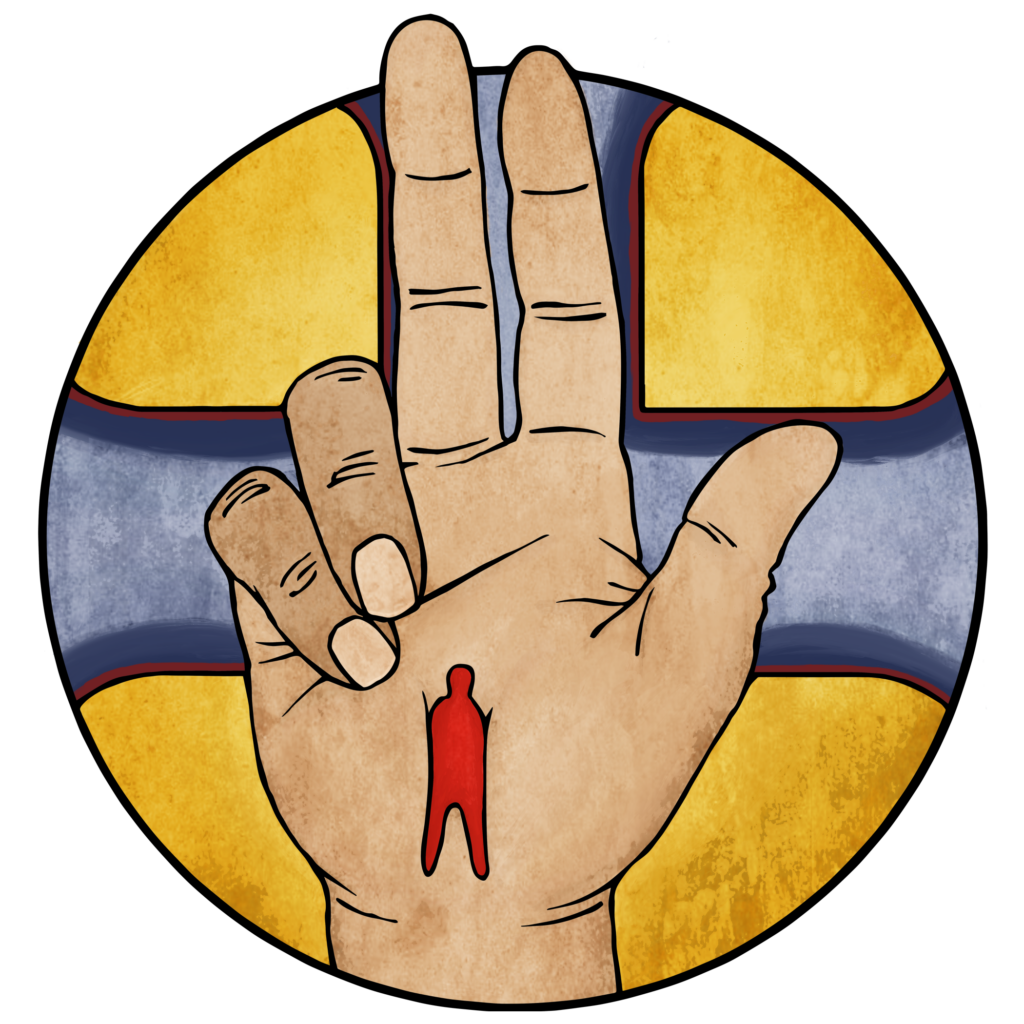By William M. Cwirla
You shall not steal. What does this mean? We should fear and love God so that we do not take our neighbor’s money or possessions, or get them in any dishonest way, but help him to improve and protect his possessions and income. (Small Catechism, Seventh Commandment)
I still remember the day someone stole my bicycle. It happened years ago. I was a graduate student at Berkeley pulling an all-nighter in the chemistry lab. In the morning, bleary-eyed from a night of work, I walked home, forgetting that I had ridden my bicycle to campus the day before. When I returned to campus later that day, my bike was gone.
That bike was nothing particularly special, but I loved it anyway. It was a bright yellow Schwinn Varsity I purchased in high school with allowance money I saved for over a year. I’d ridden it on all sorts of great adventures. I had just torn it down to its frame and rebuilt it. And then someone had the audacity to steal it. I was mad! “Next to our own person and our spouse, our temporal property is dearest to us” (Large Catechism). That’s for sure! And boy, do I get angry when people steal my stuff! How dare they!
Stealing: More Than Meets the Eye
Usually, when we think of “stealing” we think of various crimes and misdemeanors: burglary, armed robbery, breaking and entering, larceny, fraud, shoplifting, and bicycle theft. The Large Catechism expands our view to include being lazy at work, dishonest in business, overcharging for goods and services, underpaying workers, etc. The student who wastes the teacher’s and class’ time, the government that wastes taxpayers’ money, the company that sells shoddy products, the employer who takes advantage of his workers are all thieves in their own way. That includes you and me, too. “If we look at mankind in all its conditions, it is nothing but a vast, wide stable full of great thieves” (Large Catechism).
Why is that? What is it that makes us all thieves at heart? There are many reasons for stealing–poverty, financial problems, drug addiction, or maybe just the rush that comes from getting away with something. But the deep down reason is that our old Adam’s heart is unbuckled from God. We do not fear, love, and trust in God above all things, and so we steal other people’s stuff, and they steal from us. Our hearts are always hungry for more, and they will stop at nothing, including theft, to get it. Thieves are sneaky and often get away with their crimes. The person who stole my bicycle probably never got caught.
Jesus Became “the” Thief for You
The Large Catechism warns that God may let the thief “get away with it” for a time. He may become wealthy and acquire great riches and possessions, all to his ruin. “For every penny you have taken and for every penny’s damage you have done you will have to pay back thirty-fold.”
Think about it. A thief never has a moment’s peace or joy with his plunder. He’s always afraid that someone will steal his stuff from him. After all, he’s a thief, so everyone else must be, too. It’s especially bad to steal from the poor. We steal from the poor by failing to help them, by taking advantage of them, or by pretending to be poor when we aren’t. God, who hears the cries of the poor, will not be pleased (Large Catechism). Our Lord Jesus was numbered among the thieves, though He never stole a thing. Two thieves were His companions in crucifixion. He became the Thief to save a world thick in thieves. He rescues us from our enslavement to stuff that makes us thieves, and then He turns our hearts to Him. He frees us to enjoy our stuff and to share our possessions with others, especially those in need. He enables us to discipline our old Adam to keep his hands off our neighbor’s stuff (including his bicycle!) and to help him preserve and protect it.
There is great satisfaction in an honest day’s work for an honest wage. And there is joy in sharing the fruits of your labors freely with others. “Let the thief no longer steal, but rather let him labor, doing honest work with his own hands, so that he may have something to share with anyone in need” (Ephesians 4:28).
Your stuff is God’s First Article gift to you. Enjoy it, share it, and help your neighbor keep his or her stuff, too. And if you spot an old yellow Schwinn Varsity, think of mine. I hope it’s still running.
Rev. William M. Cwirla is the pastor at Holy Trinity Lutheran Church in Hacienda Heights, CA. He is also a president emeritus of Higher Things.
This article was originally published in the Fall 2016 issue of Higher Things Magazine.

